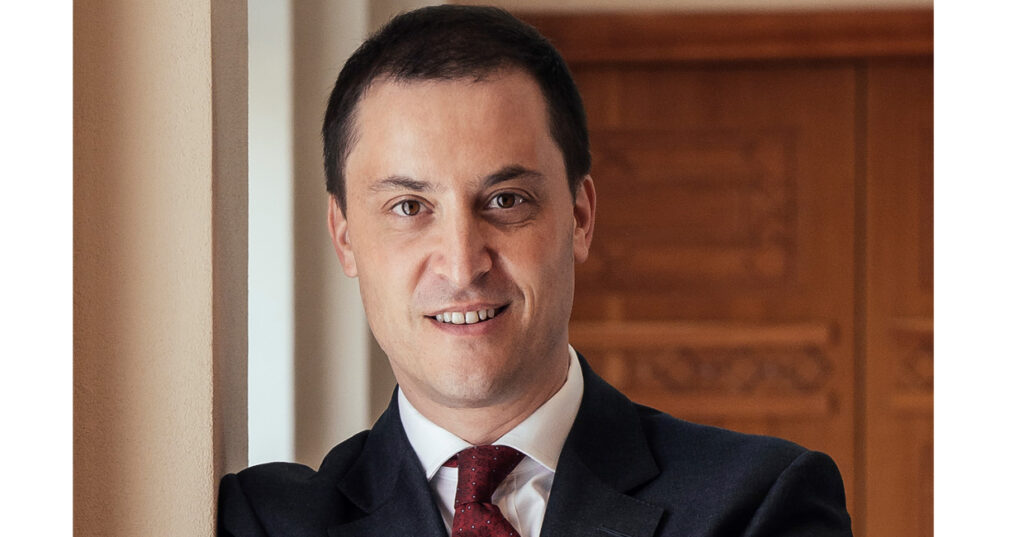By Robert Swade, MD, Maze Hospitality
The Covid-19 pandemic presents an unprecedented challenge to the hotel industry, with occupancy levels and average daily rates having fallen in many markets. Amidst the uncertainty, one thing is clear – challenging times are an opportunity to take stock and to assess the status quo.
Until now, much of the focus of the pandemic has concentrated on the operational issues facing hotels – but does the current situation present an opportunity for owners to reconsider the basis of their long-term engagement with operators? In short, is it now time for owners and operators to re-evaluate their relationship?

For many years, the owner perception of the major operating brands has been that they have adopted a ‘take it or leave it’ approach, including a lack of flexibility in relation to fee structure, operating standards, centralised corporate charges and design guidelines. Even though the negotiation of hotel management agreements is now a lengthy and time-consuming process, we continue to see management contracts which include a significant term of engagement, limited termination rights for a hotel owner and performance tests which are structured in such a way that the operator may be unlikely to fail – particularly when assessed in the context of the performance of other hotels in the competitive set, force majeure provisions and cure rights.
The prevailing model arguably remains weighted significantly in favour of the operator, and despite limited or no capital investment in most hotel developments, we continue to witness many management companies seeking to exercise what can perhaps best be described as a quasi-ownership role.
Since the position today is that there are more operators than there are opportunities, should we not now be witnessing a situation where the balance of negotiating strength is shifting further towards the hotel owner, and where we see a recalibration to something which reflects the commercial reality of current market conditions? Is the current operating model, which continues to be offered by a significant number of global hospitality brands, still realistic and sustainable in a post-Covid world?

In today’s climate, hotel owners would be best advised to consider their management arrangements as a priority and to set out clearly and concisely their expectations of the hotel operator, ensuring that operators perform both to the letter and the spirit of a management contract. Arguably, this applies to owners with existing arrangements in place, as well as to those considering the appointment of a management company.
It is more important than ever to understand the key terms and potential pitfalls of management contracts. As the agreements that sit at the heart of the owner-operator relationship, it is recommended that both parties seek expert advice at the beginning of the negotiation process and throughout the duration of the term.
Today’s hotel owner should demand a greater degree of flexibility and, as well as expecting the operator to achieve at least fair market share, should also scrutinise a management company’s offering in relation to matters such as brand recognition in multiple markets, commercial capability, service excellence and the delivery of superior results in existing managed hotels. They should also look at company culture (including stated aims in relation to community initiatives, climate change and environmental issues) and the approach of the brand to unique differentiation – an increasingly difficult challenge for many brands in a complex and competitive market.
The arrangements should, in all respects, reflect the current market reality, not simply the desire of an operator to have a standard, one-size-fits-all approach which complies with the format of what is rapidly becoming an outdated model. Brands which are prepared to offer a flexible and adaptable approach, in respect of their contractual arrangements, fee structure, operating model and design guidelines, are those which are likely to have a competitive advantage – through this crisis and beyond.



